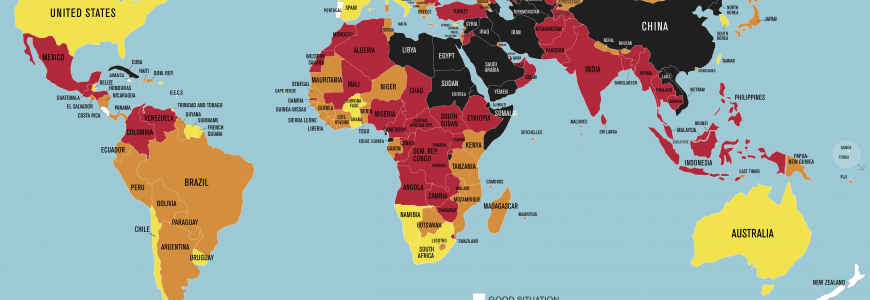A groundbreaking forensic report tracks Azerbaijan’s recent destruction of 89 medieval churches, 5,840 intricate cross-stones, and 22,000 tombstones.
In April 2011, when a US Ambassador traveled to Azerbaijan, on the southwestern edge of the former USSR, he was denied access to the riverside borderland that separates this South Caucasus nation from Iran. But it was not a foreign foe that halted the visit. Instead, his Azerbaijani hosts insisted that the envoy’s planned investigation inside the Azerbaijani exclave of Nakhichevan (officially, Naxçıvan Autonomous Republic) could not proceed because it was motivated by fake news. The ambassador had intended to probe the reported destruction of thousands of historical Medieval Christian Armenian artworks and objects at the necropolis of Djulfa in Nakhichevan. This cemetery is recorded to have once boasted the world’s largest collection of khachkars — distinctive Armenian cross-stones. However, according to Azerbaijani officials this reported destruction was a farce, that the site had not been disturbed, because it never existed in the first place. Despite ample testimony to the contrary, Azerbaijan claims that Nakhichevan was never Armenian.
Read more “A Regime Conceals Its Erasure of Indigenous Armenian Culture”









